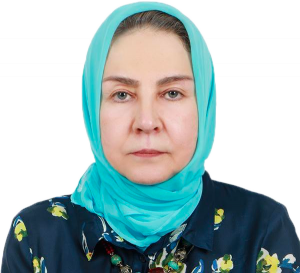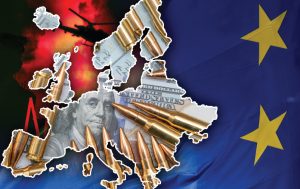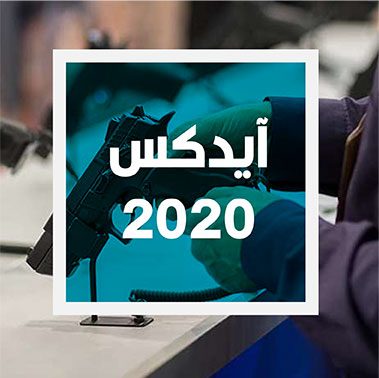In countries where official institutions have lost their capacity and legitimacy in national defence, non-state armed groups gained an influential presence, turning into security actors that provide support to the state.
This led to the rise of hybrid forces characterised by independence in administration, movement, armament, and decision-making, which the state uses to confront rebellious movements, or they turn into a security proxy for foreign countries, as many security actors grow and develop within the borders of the state and eventually set a new balance of power that affect politics, society and the economy.
Similarly, hybrid groups depend on the state’s sponsorship, benefitting from its tools and authority while maintaining the flexibility of not representing an official body, moreover, they don’t bear responsibility for government failures.
Furthermore, some armed groups developed a set of interests that go beyond security functions, extending to participation in the public and private sectors, and succeeded in acquiring a permanent political and military status and spread out to hold the lands under their control and force the population to submit to their influence.
These groups share the power of the state, forming what is known as mixed or hybrid groups that engage in the political process while acting as a guarantor for the interests of the party that supports them and is compatible with their religious and ideological orientations.
Some of these groups control lands to establish administrative structures parallel or alternative to the state structures, as some groups created structures to provide services for their members, while some suffer from weak leadership structures with limited control over the members.
Government failure is one of the main enablers for mixed armed groups to control the government’s capabilities and manage it to guarantee their interests, as armed conflicts escalate due to corruption, tyranny, and political violence.
Characterized by ferocity and cruelty, these groups are more capable of continuing the fight and have capabilities that may match the military and security capabilities of the state if they are supported by an external party, in addition to the internal network made up of politicians in the local and federal government and civil servants, businessmen, religious authorities and civil society and humanitarian organizations, operating within the country.
Thus, many non-state armed groups (NSAGs) are represented by actors and government officials, operating unaccountable economic networks supported by informal social capital that competes with the government.
In countries experiencing conflicts in the Arab region, the presence of these groups in the political scene is increasing and becoming the biggest challenge facing the rebuilding process of the state.
It is a war of interests in a competitive environment featuring a fragile government.














